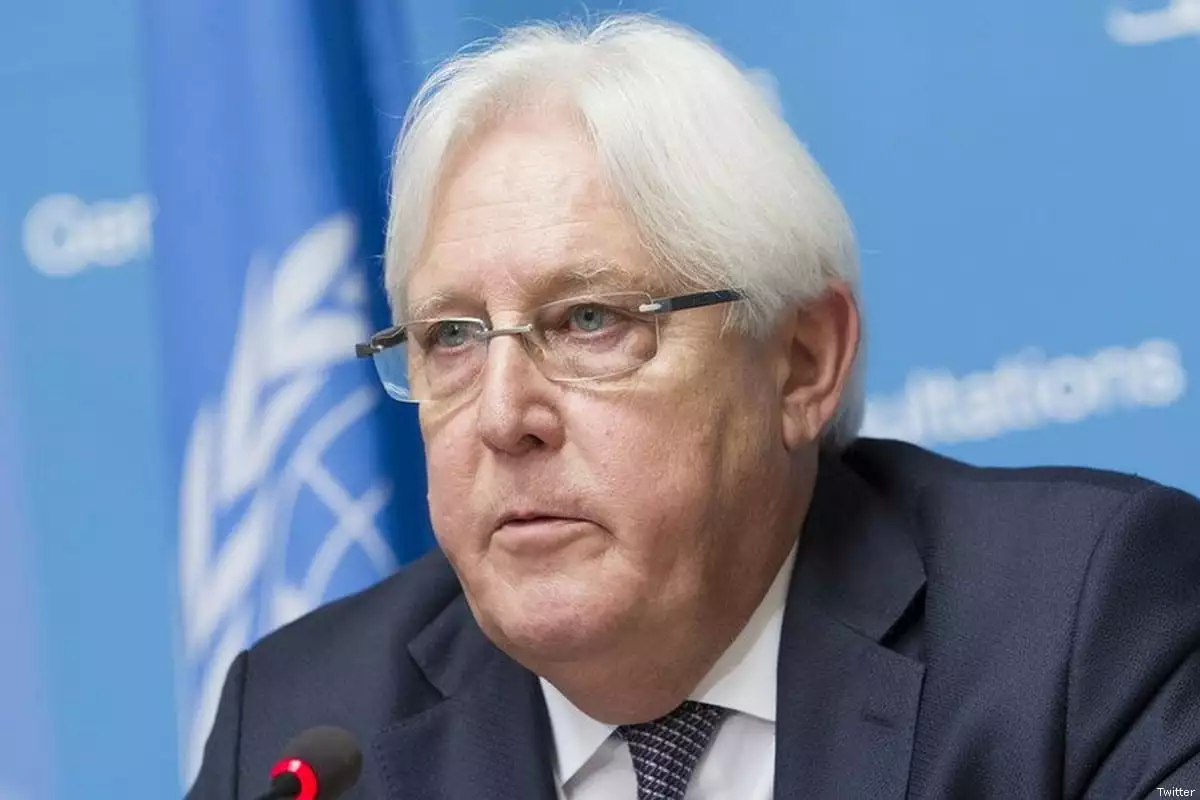On Monday, the head of UN humanitarian operations criticized “extreme violence” against civilians caught up in the war in Sudan and said relief efforts reach only a fraction of those in need.
Martin Griffiths urged unimpeded access for UN relief teams to help stem what he called the “avalanche of human suffering” in Sudan.
After about seven months of conflict between the Sudanese army, led by General Abdel Fattah al-Burhane, and the paramilitary Rapid Support Forces (RSF) of General Mohamed Hamdane Daglo, “almost 25 million people in Sudan are now in need of humanitarian assistance,” Griffiths said.
Griffiths said at the first “Humanitarian Forum on Sudan,” attended by representatives of the army and the RSF, “access is a serious problem. Since mid-April, we have been able to reach only 4.1 million people with life-saving aid.”
The parties to the conflict pledged last week at talks in Saudi Arabia to improve humanitarian access, tasking the UN with setting up the forum to facilitate the implementation of these commitments.
But Griffiths said most basic services in the country have come to an “almost complete standstill,” making efforts to contain a cholera outbreak difficult.
“Women and girls have shouldered a particularly heavy burden, facing terrifying risks to their safety, including rape and kidnap,” he said, pointing out that “more than 10,000 Sudanese have reportedly so far lost their lives” since mid-April.
As late as Monday, witnesses told AFP of “bombardments” on houses that injured civilians, including children, in El Obeid, the capital of North Kordofan state, 350 kilometers (220 miles) south of Khartoum. Intense fighting has also taken place in Darfur in recent days.
Last week, UN humanitarian coordinator in Sudan Clementine Nkweta-Salami described the violence in Sudan as bordering on “verging on pure evil.”




